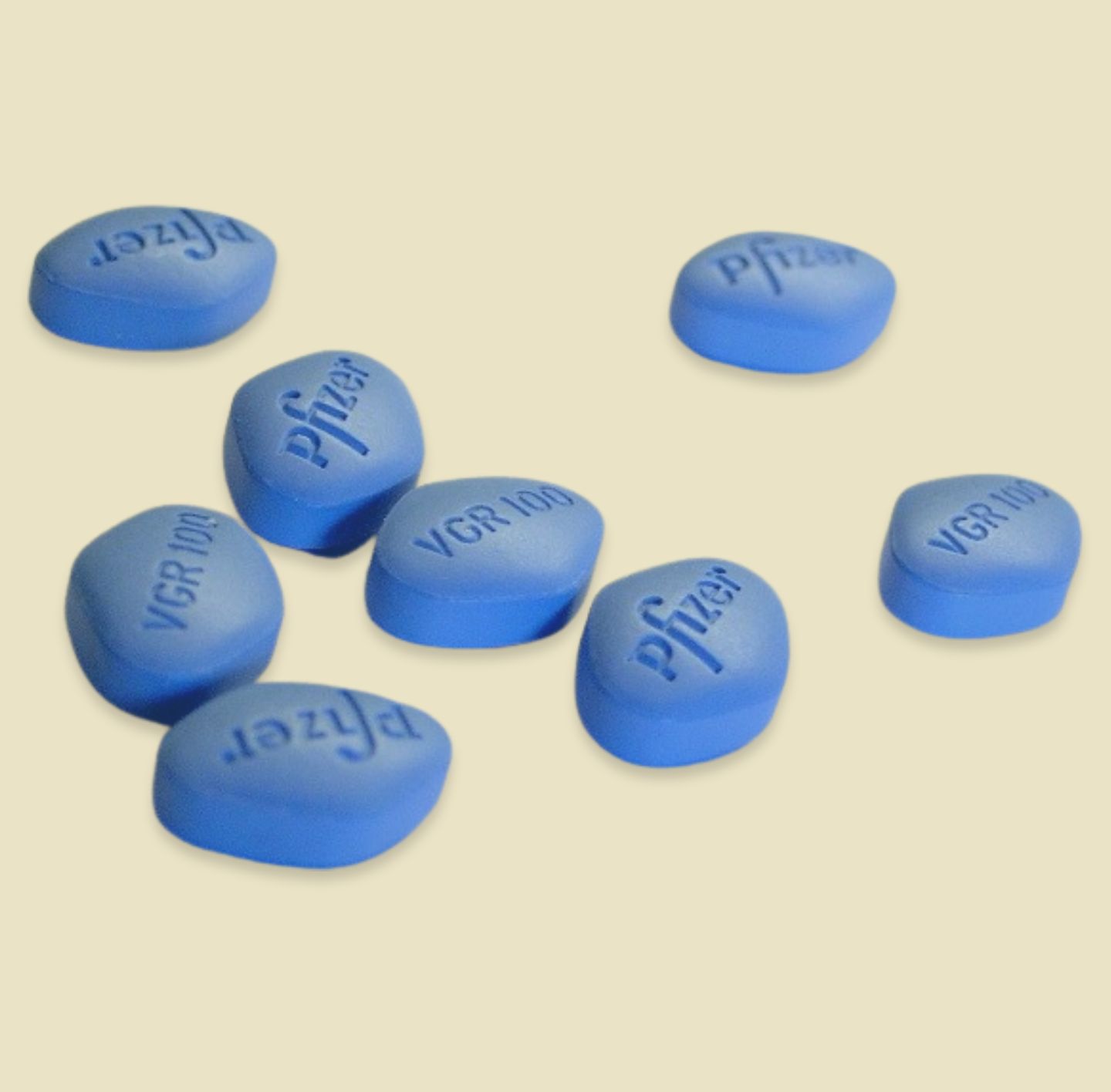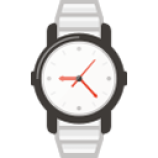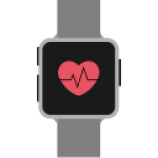
VIAGRA Pfizer 100 mg
Made in France ( Fareva Amboise )
Qty : 4 tablets
Shipping FREE
Price : 120$

Viagra is a medicine used to treat erectile dysfunction (ED, also called impotence). Viagra works by helping to relax the blood vessels in the penis, allowing more blood to flow in and cause an erection.

Viagra can take between 30 to 60 minutes The effects of Viagra vary for each individual. The effects of taking 100 mg of Viagra can last for up to 4 hours after taking the drug.

It is best to take Viagra on an empty stomach or after a low-fat meal because fatty food has been shown to reduce the rate of absorption and strength . What you drink can also affect your performance, so avoid excessive alcohol and avoid grapefruit juice which may possibly affect the absorption of Viagra.
How does Viagra work?
When you are aroused your tissues release a chemical called nitric oxide (NO), this, in turn, causes the release of a second chemical called cyclic guanosine monophosphate (cGMP). cGMP causes the muscles at the sides of your penis to relax, allowing blood to rush in. The veins that drain the blood from your penis also get compressed, trapping the increased blood in your penis, resulting in an erection.
An enzyme called phosphodiesterase-5 (PDE5) breaks down the cGMP and your penis returns to its original state. Viagra is a PDE5 inhibitor, meaning it blocks the action of PDE5. As your levels of cGMP remain high, the muscles at the side of your penis relax, more blood rushes in and you can achieve a firmer and longer lasting erection. It is important to remember that Viagra only exerts its action when you are sexually aroused. It does not increase your sexual desire, and it will not resolve any underlying physical causes of your ED.
How long does Viagra take to work?
Viagra can take between 30 to 60 minutes to take effect and should last no longer than four hours. The time it takes to work is different for each man, but if taken with food it can be a slower effect, so it’s best to take on an empty stomach or after a low-fat meal. Viagra only works when you are sexually stimulated.
How do I take Viagra?
The recommended starting dose of Viagra is 50mg.
You take one tablet with a glass of water about 60 minutes before you anticipate you will have sexual activity. With sexual stimulation, you may achieve an erection anywhere from 30 minutes up to four hours after taking a treatment of Viagra.
If I take more tablets, do I get a better effect?
You must not take more than 1 tablet a day or exceed the dose prescribed for you. If you feel that your dose is not appropriate, that the effects of the medication are too much, or not enough, your doctor can alter your dose.
If you do take more than the recommended dose your risk of side effects, including serious ones, like low blood pressure or an erection that wouldn’t go away even after 4 hours, dramatically increases. If you do experience any side effects, particularly serious side effects, you should seek medical attention immediately.
Is it safe to buy Viagra online?
All the medicines we supply are 100% genuine and fully regulated by the Medicines and Healthcare products Regulatory Agency (MHRA).
If you do take more than the recommended dose your risk of side effects, including serious ones, like low blood pressure or an erection that wouldn’t go away even after 4 hours, dramatically increases. If you do experience any side effects, particularly serious side effects, you should seek medical attention immediately.
Special considerations when taking Viagra
Viagra cannot be used:
- with any other oral or local treatments for erectile dysfunction
- with treatments for pulmonary arterial hypertension (PAH) containing Sildenafil or any other PDE5 inhibitors
- if you do not have erectile dysfunction
- if you are a woman
- if you are under the age of 18
- if you are allergic to Sildenafil or any of the other ingredients in this medicine
- if you are taking medicines called nitrates, the combination may lead to a dangerous fall in your blood pressure. Tell your doctor if you are taking any of these medicines which are often given for relief of angina pectoris (or “chest pain”). If you are not certain, ask your doctor or pharmacist
- if you are using any of the medicines known as nitric oxide donors such as amyl nitrite (“poppers”), the combination may also lead to a dangerous fall in your blood pressure
- if you are taking riociguat. This drug is used to treat pulmonary arterial hypertension (i.e. high blood pressure in the lungs) and chronic thromboembolic pulmonary hypertension (i.e. high blood pressure in the lungs secondary to blood clots). PDE5 inhibitors, such as Viagra have been shown to increase the hypotensive effects of this medicine. If you are taking riociguat or are unsure tell your doctor
- if you have a severe heart or liver problem
- if you have recently had a stroke or a heart attack, or if you have low blood pressure
- if you have certain rare inherited eye diseases (such as retinitis pigmentosa)
- if you have ever had loss of vision due to non-arteritic anterior ischaemic optic neuropathy (NAION)
Please tell your doctor if you are using, have recently used or might use any other medicines, including medicines obtained without a prescription. Some medicines may cause problems, especially these:
- Nitrates, medicines for angina, or nitric oxide donors, such as amyl nitrite. Taking these medicines with Viagra could seriously affect your blood pressure. Talk to a doctor without taking Viagra
- Medicine for the treatment of arrhythmias, such as quinidine, procainamide, amiodarone or sotalol
- Ritonavir or indinavir, medicines for HIV. Talk to a doctor without taking Viagra
- Ketoconazole or itraconazole, anti-fungal medicines
- Erythromycin, or clarithromycin, macrolide antibiotics
- Alpha-blockers, a type of medicine used to treat high blood pressure and enlargement of the prostate (as benign prostatic hyperplasia)
- Riociguat
Your doctor must take special care before starting you on Viagra if you:
- have sickle cell anaemia (an abnormality of red blood cells), leukaemia (cancer of blood cells), multiple myeloma (cancer of bone marrow)
- have a deformity of your penis or Peyronie’s Disease
- have problems with your heart (your doctor should carefully check whether your heart can take the additional strain of having sex)
- currently have a stomach ulcer or a bleeding problem (such as haemophilia)
- experience sudden decrease or loss of vision (stop taking Viagra and contact your doctor immediately)
- have kidney or liver problems (your doctor may decide on a lower dose for you)
- are taking medicines known as protease inhibitors, such as for the treatment of HIV, your doctor may start you on the lowest dose (25mg) of Viagra
Other considerations:
- You can take Viagra with or without food, but preferably not after a heavy or high-fat meal as this may delay the effect
- Alcoholic drinks can make erection difficulties worse
- Viagra might make some people feel dizzy or affect their vision. If you feel dizzy or if your vision is affected, after taking Viagra, don’t drive or operate any tools or machines
What are the side effects associated with Viagra?
Like all medicines, this medicine can cause side effects, although not everybody gets them. Most of the effects are mild or moderate.
Very common side effects of treatment (may affect more than 1 in 10 users)
- Headache
Common (may affect up to 1 in 10 users)
- Headache
- Nausea
- Facial flushing
- Hot flush (symptoms include a sudden feeling of heat in your upper body)
- Indigestion
- Colour tinge to vision
- Blurred vision
- Visual disturbance
- Stuffy nose
- Dizziness
Uncommon side effects (may affect 1 in 100 users)
- Vomiting
- Skin rash
- Eye irritation
- Bloodshot eyes/red eyes
- Eye pain
- Seeing flashes of light
- Visual brightness
- Light sensitivity
- Watery eyes
- Pounding heartbeat
- Rapid heartbeat
- High blood pressure
- Low blood pressure
- Muscle pain
- Feeling sleepy
- Reduced sense of touch
- Vertigo
- Ringing in the ears
- Dry mouth
- Blocked or stuffy sinuses
- Inflammation of the lining of the nose (symptoms include runny nose, sneezing and stuffy nose)
- Upper abdominal pain
- Gastro-oesophageal reflux disease (symptoms include heartburn)
- Presence of blood in urine
- Pain in the arms or legs
- Nosebleed
- Feeling hot
- Feeling tired
